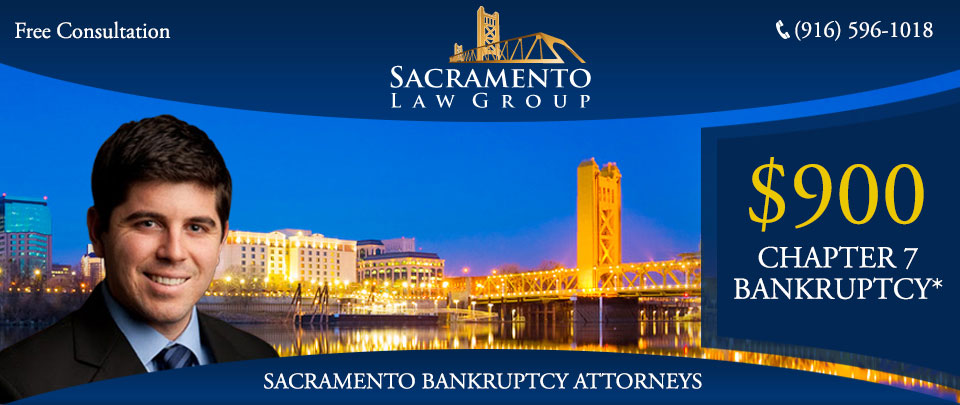Credit card debt is probably the most common form of debt in bankruptcy. Nearly everyone has credit cards, and with such ubiquitous financing with sky-high interest rates it’s no wonder that people fall into credit card debt. With only a few missed payments credit card balances can balloon into overwhelming debt. When this occurs many people turn to chapter 7 bankruptcy to get a fresh start.
Credit Card Debt in Chapter 7 Bankruptcy
Chapter 7 bankruptcy is usually the best way to eliminate credit card debt. Old credit card debt (charges more than 90 days old) are easily discharged in chapter 7 bankruptcy. As long as you did not quickly accrue significant balances with no means and intention of repayment there is usually no issue in eliminating credit card debt in chapter 7 bankruptcy. The ease with which chapter 7 bankruptcy eliminates credit card debt is due to the fact that most credit card debt is general unsecured debt. This form of debt does not provide the creditor with a security interest in the property and has no priority in distributions if there are assets to liquidate in chapter 7 bankruptcy.
Complications
There are some instances when credit card debt can be difficult to eliminate in chapter 7 bankruptcy. If the client used credit cards to buy luxury goods or services 90 days before filing bankruptcy, pay their taxes, or finance gambling with the knowledge that they would not repay the debt, the client can run into difficulty eliminating the credit card debt. All of the aforementioned constitute grounds for not discharging that particular credit card debt. If you are unsure whether your credit card debt can be eliminated in chapter 7 bankruptcy call an attorney for a free consultation. A qualified bankruptcy attorney can tell you whether your credit card debt is dischargeable in bankruptcy, presumed to be fraudulently incurred, or merely vulnerable to a creditor’s allegation that it is nondischargeable.
